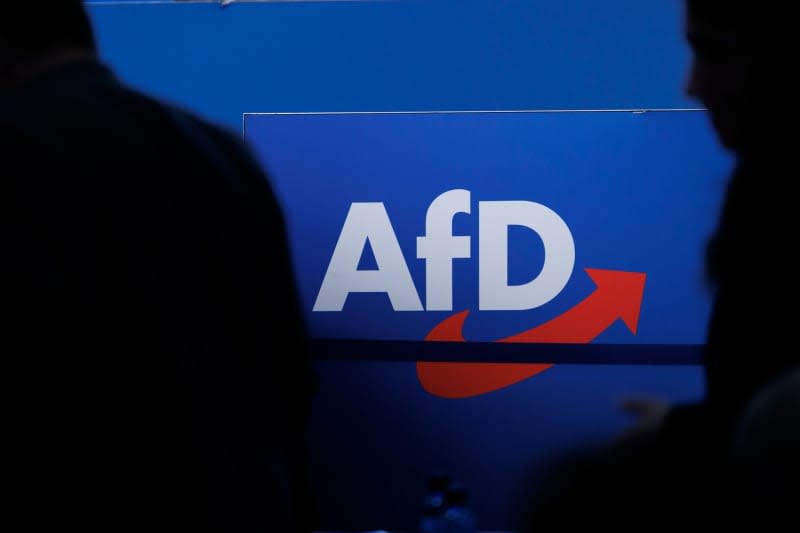Poll shows far-right AfD still second among German voters

A nationwide poll of German voters showed the far-right Alternative in Germany (AfD) remains in second place, although the party's support slipped slightly from the previous week.
The weekly poll, conducted for the tabloid newspaper Bild by the INSA opinion research group and released on Tuesday, showed support for the AfD dropping from a previous high last week of 23% to 21.5%.
Despite the slight downward drop, the AfD has been on a clear upward trend in polls since mid-2022.
The party has recently been the target of mass anti-far right protests that attracted nearly a million demonstrators at the weekend in cities across Germany.
The protests follow revelations that some AfD politicians met secretly with far-right extremists in Potsdam in November to discuss plans to push immigrants out of the country, including some with German citizenship.
The conservative opposition CDU/CSU bloc remained the strongest party in the poll, at 30.5%, down about a half percentage point from the prior week.
Chancellor Olaf Scholz's Social Democrats (SPD) also lost a half percentage point, down to just 13.5%, while the Greens increased by roughly the same amount to 12.5%.
The liberal Free Democrats (FDP) remain at 5%, the threshold to receive seats in Germany's parliament, while the far-left Die Linke's slide continued, down another percentage point to just 3%.
Voters preferring various other parties increased sharply, from 8% to 11.5%, which may be due to growing support for the newly launched populist Alliance Sahra Wagenknecht (BSW), which was not listed separately in the poll results.
The survey polled a sample of 2,000 German voters between Friday and Monday. The poll has a margin of error of 2.5 percentage points.

